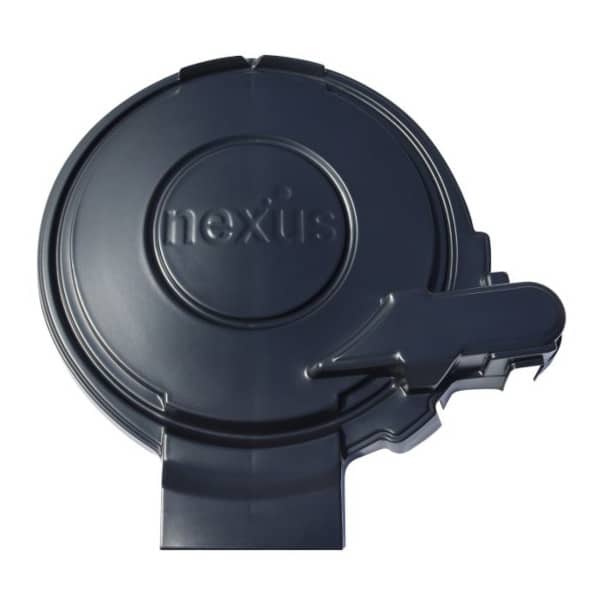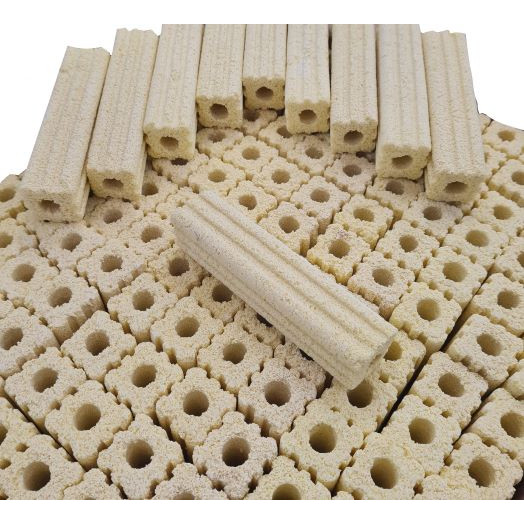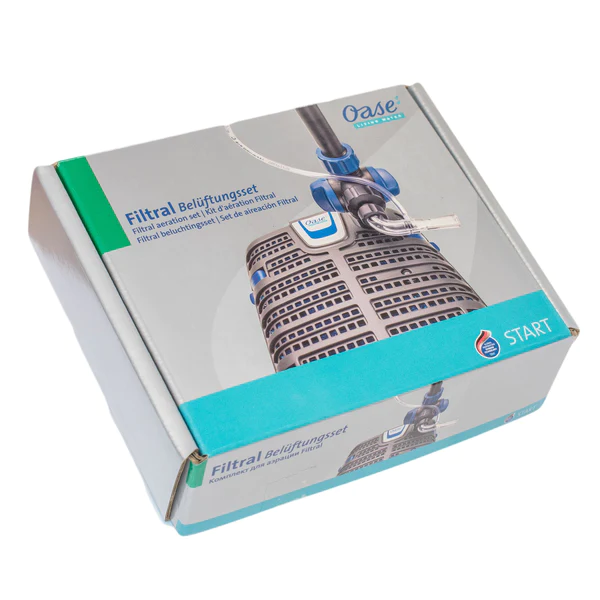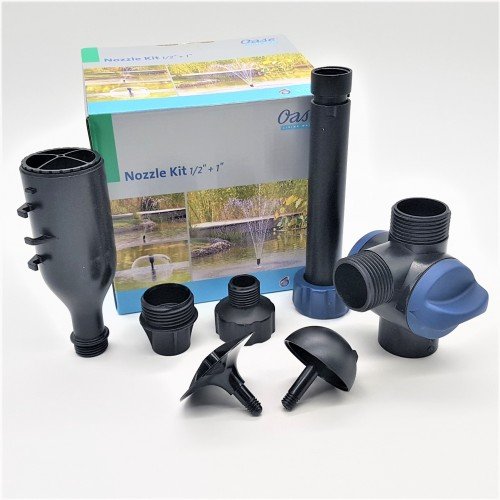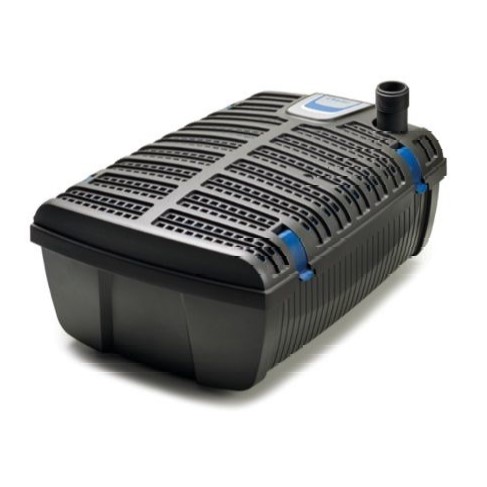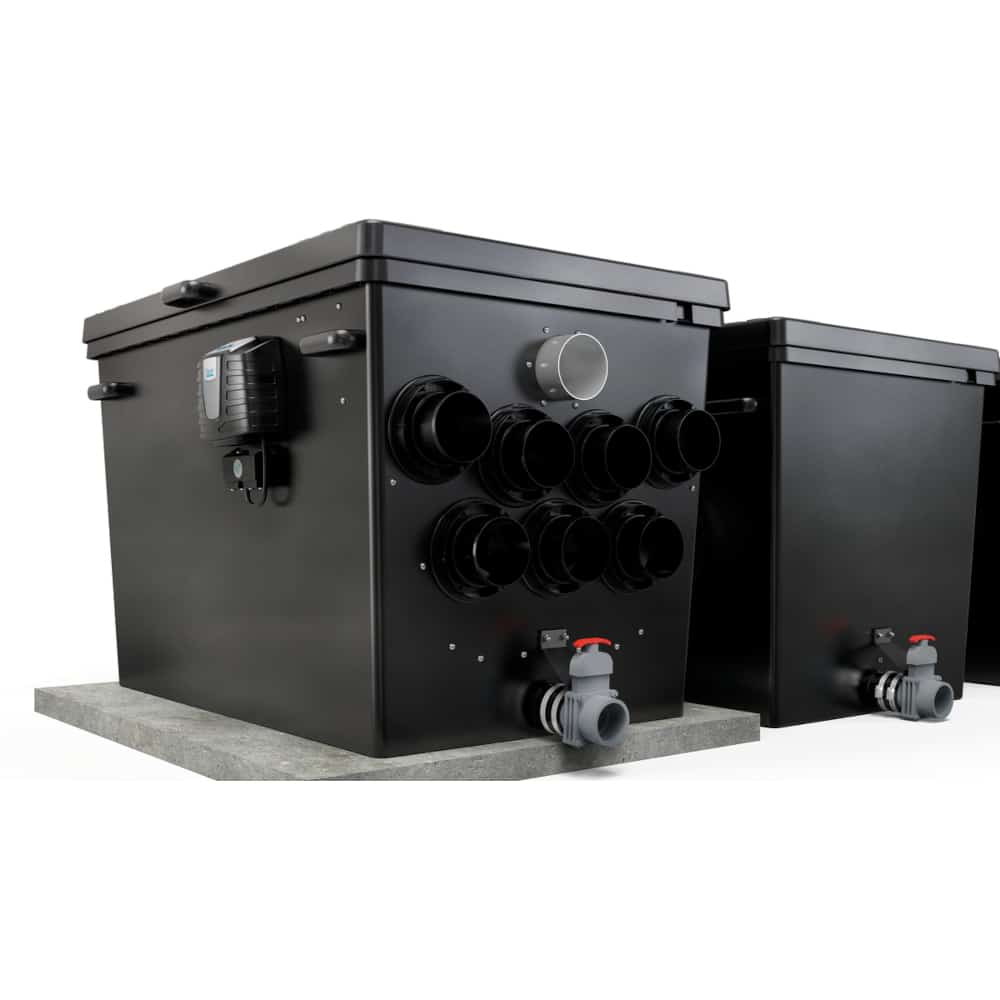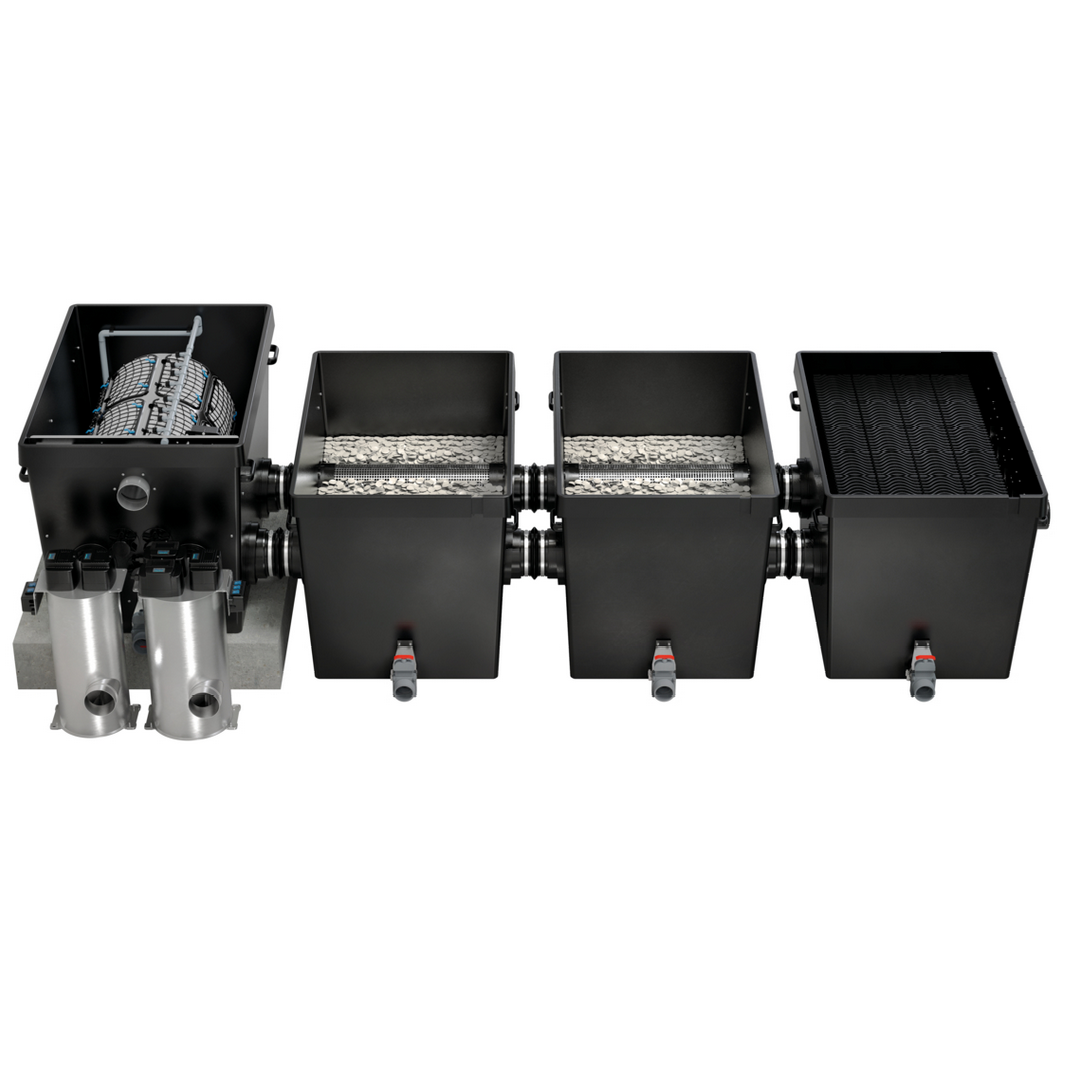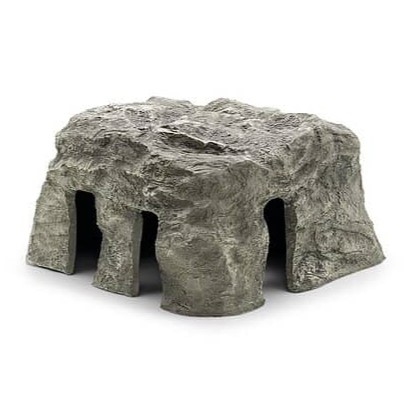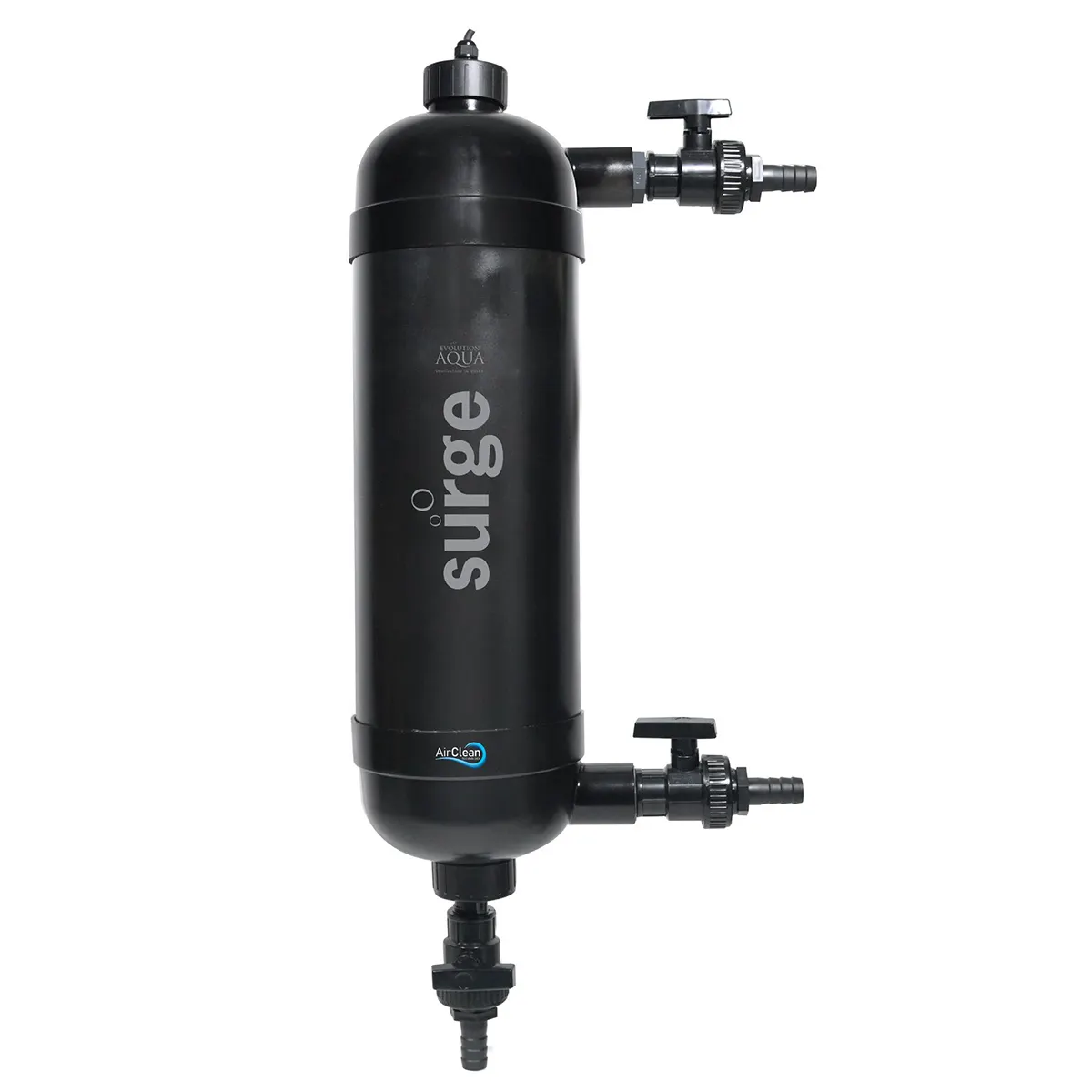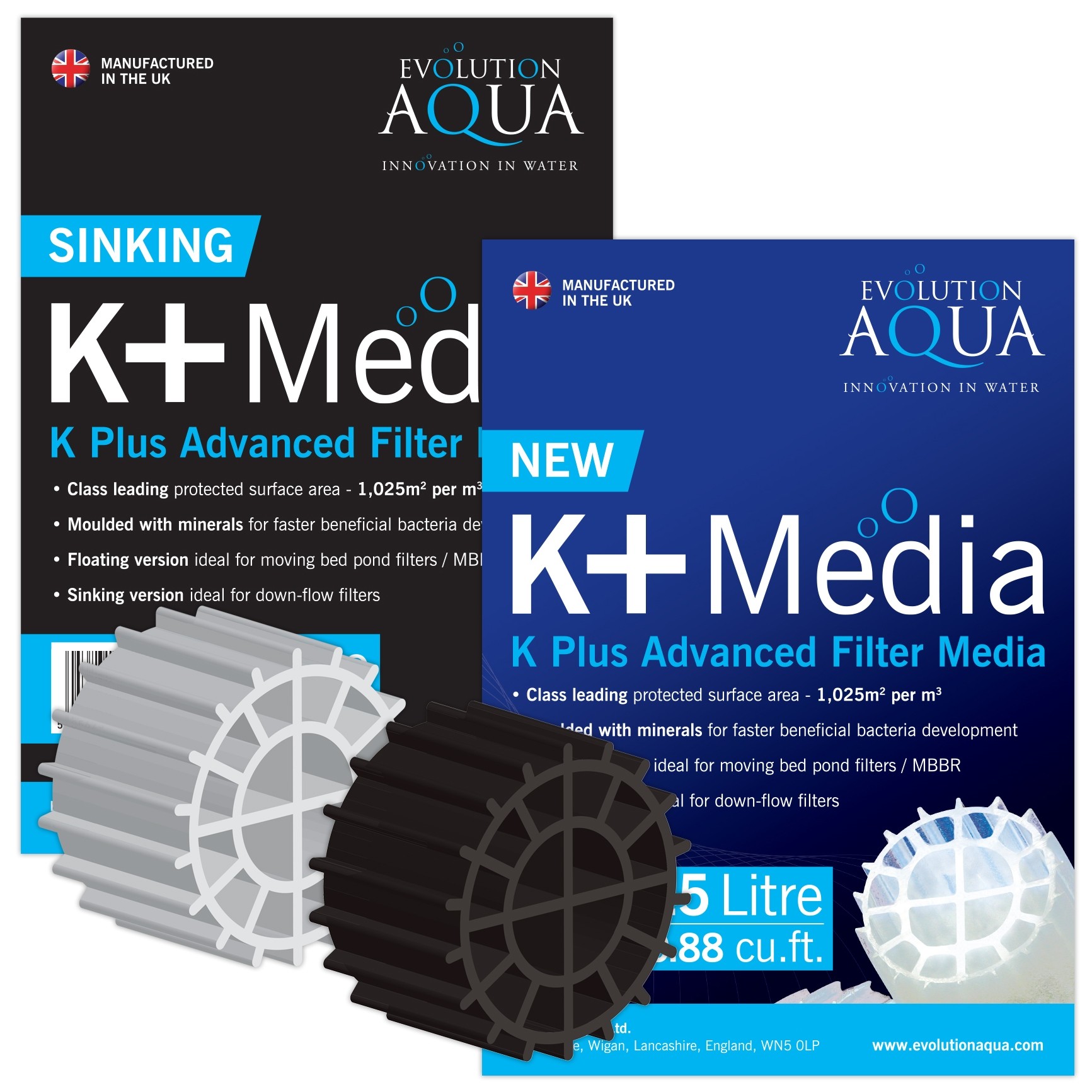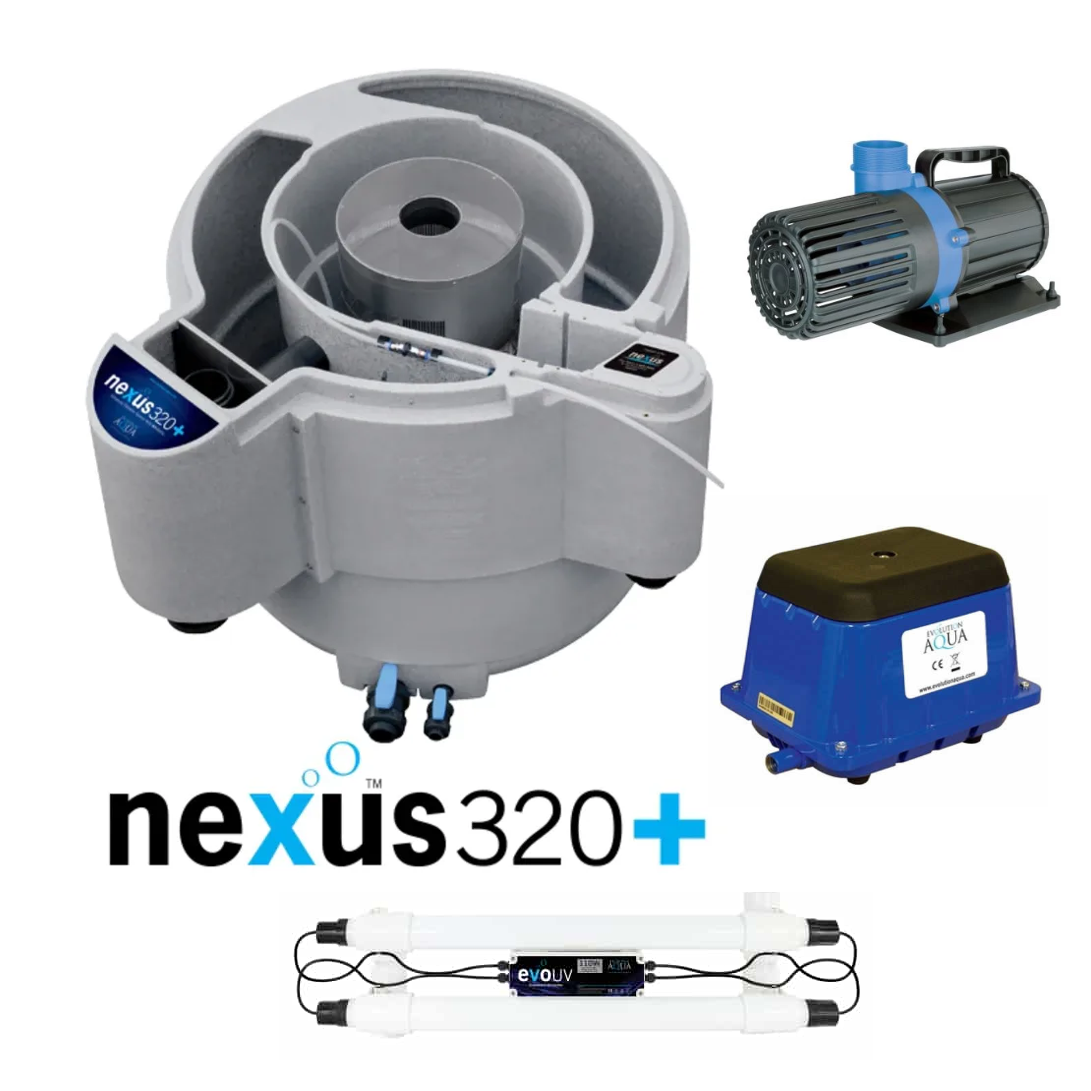Pond Filters – Frequently Asked Questions
Below, we’ve compiled a list of frequently asked questions to help you navigate the diverse world of pond filtration systems, including the different types available and their functionalities.
1. What is a pond filter, and why is it essential for my pond?
A pond filter is a crucial component of any aquatic ecosystem, responsible for removing debris, waste, and harmful substances from the water to maintain optimal water quality. By promoting a clean and balanced environment, pond filters support the health and vitality of fish, plants, and other pond inhabitants.
2. What are the different types of pond filters available?
Pond filters come in various types, each with its unique design and functionality:
- Pressure Filters: These filters are pressurized units that force water through a filtration media, effectively trapping debris and waste. Pressure filters are ideal for smaller ponds and are often easy to install and maintain.
- Flow-Through Filters: These systems rely on gravity to move water down through the filtration media. They are suitable for all sizes of ponds and offer excellent filtration capacity.
- Drum Filters: Drum filters use rotating drums with fine mesh screens to mechanically filter out particles from the water. They are highly efficient and low-maintenance, making them popular for larger ponds and commercial applications.
- All-in-One Filters: These comprehensive filtration systems combine mechanical, biological, and sometimes UV sterilization functions in a single unit, simplifying pond maintenance and water quality management.
- Bio Filters: Biological filters, also called biofilters, promote the growth of beneficial bacteria that break down organic waste and harmful compounds in the water. They are essential for establishing and maintaining a healthy pond ecosystem.
3. How do I choose the right pond filter for my pond?
When selecting a pond filter, consider factors such as the size and depth of your pond, the volume of water it holds, the number of fish and plants, and your maintenance preferences. Assess the filtration capacity, flow rate, and compatibility with your existing pond equipment to ensure optimal performance.
4. What are the benefits of using a pond filter?
- Improved Water Quality: Pond filters remove debris, excess nutrients, and harmful substances from the water, resulting in clearer, cleaner water.
- Healthy Pond Ecosystem: By maintaining balanced water parameters and promoting beneficial bacteria growth, pond filters support the health and vitality of fish, plants, and other aquatic life.
- Reduced Algae Growth: Effective filtration helps prevent algae blooms by reducing nutrient levels and maintaining water clarity.
- Long-Term Cost Savings: Investing in a quality pond filter can save money in the long run by reducing the need for chemical treatments and minimizing fish health issues.
5. How do I install and maintain a pond filter?
Installation procedures vary depending on the type of filter you choose, but most filters are relatively easy to set up with basic plumbing connections. Regular maintenance includes cleaning filter media, replacing filter pads or cartridges, and ensuring proper water flow and circulation. Refer to the manufacturer’s instructions for specific maintenance guidelines.
6. Can I use multiple pond filters in my pond?
Yes, using multiple filters can enhance filtration efficiency, especially for larger ponds or those with heavy fish loads. Combining different types of filters, such as mechanical and biological filters, can provide comprehensive water treatment and improve overall water quality.
7. Are pond filters energy-efficient?
Many modern pond filters are designed to be energy-efficient, consuming minimal electricity while providing effective filtration. Look for filters with energy-saving features and consider factors such as pump size and flow rate to optimize energy consumption.
8. Can I use a pond filter with other pond equipment, such as pumps and UV sterilizers?
Absolutely! Pond filters can be integrated with other equipment such as pumps, UV sterilizers, and aeration systems to create a complete water management system. Properly combining these components ensures comprehensive water treatment and promotes a healthy pond environment.
9. How long does a pond filter last?
The lifespan of a pond filter depends on various factors, including its quality, maintenance, and usage. With proper care and regular maintenance, most pond filters can last for several years before requiring replacement or major repairs. Be sure to monitor filter performance regularly and replace worn-out components as needed.
10. Can I build my own pond filter?
While some DIY enthusiasts may choose to build their own pond filters using readily available materials, it’s essential to ensure that the filter design is effective and suitable for your pond’s specific requirements. Consider consulting with a pond specialist or researching reputable DIY filter designs to ensure successful implementation.
If you have any further questions or require assistance in selecting the right filter for your pond, don’t hesitate to reach out and contact us.






